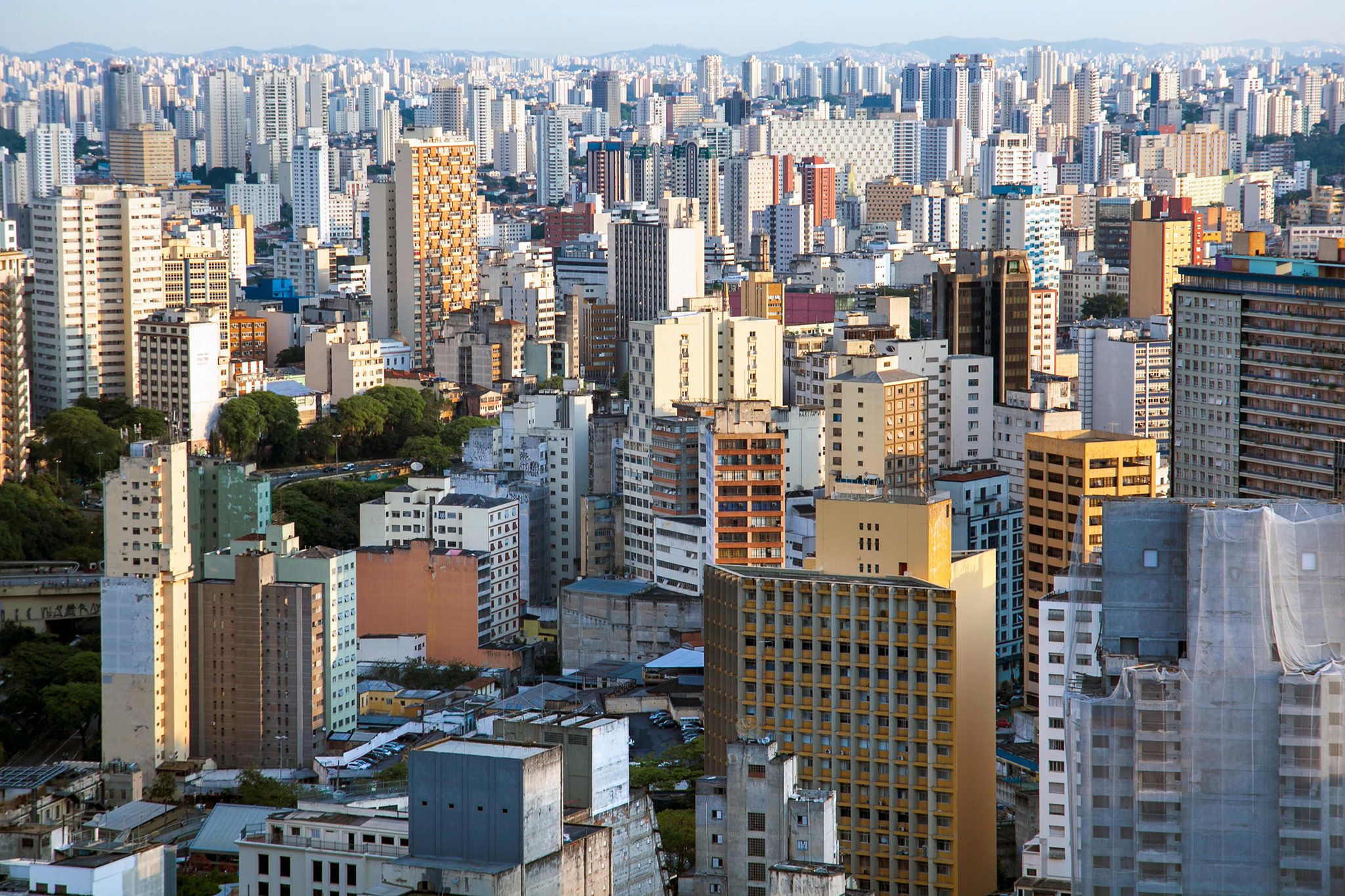The evolution of new residential property sales in São Paulo, according to the Secovi-SP bulletin, and the continuous rise in prices, registered by DataZap+, show that the real estate market maintains the recovery that began after 2019, after enduring a period of retraction since 2016.
But there is a price lag concerning inflation and a reduction in sales pace that may indicate the end of the low interest rate effect that benefited the sector.
According to Secovi-SP, from June 2021 to May 2022, there was an increase of 14.9% in sales compared to the previous period. There were 69,614 units sold now against 60,602 sold from June 2020 to May 2021.

In May 2022, 6,838 new residential units were sold in São Paulo City, 16.2% more than in May 2021.
On the other hand, the pace of sales dropped. The VSO (Sales Over Supply), which determines the percentage of sales over the total of units offered, fell 14.8%, reaching 9.8%, against 11.5% in May 2021. In 12 months (June 2021 to May 2022), the proportion was 53.7%, below the 57.8% of the previous period (June 2020 to May 2021).
PRICES
The FipeZap+ index, based on residential real estate sales prices announced in 50 Brazilian cities, shows an increase of 0.47% in June, after advancing 0.41% in May 2022.
This advance is lower than the IGP-M/FGV, 0.59%, and lower than the IPCA-15/IBGE inflation forecast for June, 0.69%. In São Paulo, the real estate price adjustment was 0.24%.
Since 2014, the variation in real estate sales prices has not exceeded IPCA inflation in annual terms, recalls Pedro Tenório, an economist at DataZap+, the company that develops the index with Fipe.
The 2015/2016 crisis was quite strong for the real estate market. As the sector has long planning, construction, and sale cycles, the effects of the crisis were prolonged. In 2019, a timid recovery in sales began, which was consolidated in 2020 with lower interest rates for real estate financing.
The following year, Tenório recalls, is marked by rising real estate prices and greater activity in the sector. The credit concession data from the Brazilian Central Bank (BCB) show a 50% increase in 2021 compared to 2020 throughout the country. As a reflex, the FipeZAP+ Brazil accelerated in the year, going from 3.7% in 2020 to 5.3% in 2021.
The price increase resulted from the increased demand for real estate in the period. But the main engine that heated up this demand was the low interest rates for real estate financing.
According to the economist, the slower pace of readjustments in the average of the 50 cities followed by the index can already reflect a slight retraction in the market in 2022.
With information from Exame

